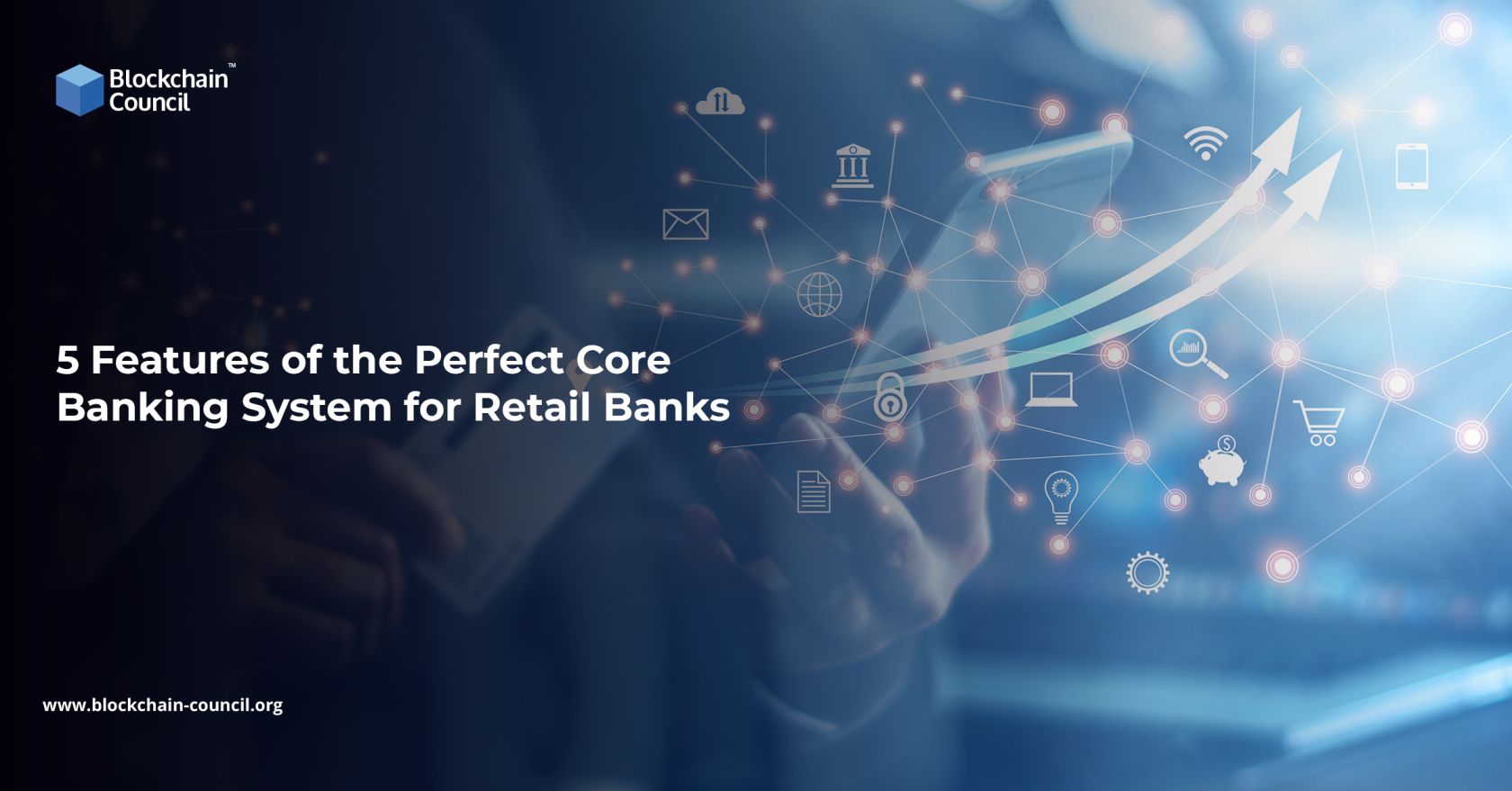
- Blockchain Council
- January 08, 2025
Introduction to Blockchain Research
Blockchain technology has revolutionized various industries by providing a decentralized and secure method for recording transactions. Conducting research on blockchain involves understanding its fundamentals, exploring its applications, and staying updated with the latest advancements. This guide will help you navigate the process of conducting thorough and effective research on blockchain technology in 2025.
Understanding the Basics of Blockchain
Before diving into research, it is crucial to understand the basic concepts of blockchain technology. Blockchain is a distributed ledger that records transactions across multiple computers. These records, known as blocks, are linked and secured using cryptography. The key features of blockchain include decentralization, transparency, immutability, and security.
Identifying Research Goals and Objectives
To conduct effective blockchain research, you need to clearly define your research goals and objectives. Determine what you aim to achieve, whether it’s understanding a specific blockchain platform, exploring its applications, or analyzing its impact on a particular industry. Setting clear goals will help you stay focused and organized throughout the research process.
Conducting a Literature Review
A literature review is an essential part of blockchain research. Start by reviewing existing research papers, articles, and reports on blockchain technology. This will provide you with a comprehensive understanding of the current state of blockchain research and identify gaps that your research can address.
Utilizing Online Resources and Academic Journals
There are numerous online resources and academic journals dedicated to blockchain technology. Websites like Blockchain Council, Global Tech Council, and Universal Business Council offer a wealth of information, including research papers, case studies, and expert insights. These resources are invaluable for staying updated with the latest trends and developments in blockchain.
Attending Blockchain Conferences and Webinars
Attending blockchain conferences and webinars is another effective way to enhance your research. These events provide opportunities to learn from industry experts, network with professionals, and gain insights into the latest advancements in blockchain technology. Organizations like Blockchain Council and Global Tech Council often host such events, making them accessible to researchers and enthusiasts alike.
Engaging with Blockchain Communities
Participating in blockchain communities can significantly enhance your research. Online forums, social media groups, and discussion boards are great platforms for exchanging ideas, asking questions, and gaining different perspectives. Engaging with these communities can provide practical insights and real-world applications of blockchain technology.
Exploring Blockchain Use Cases
Researching blockchain use cases is essential to understand its practical applications across various industries. From finance and supply chain management to healthcare and real estate, blockchain technology is transforming numerous sectors. Analyzing these use cases will help you grasp the versatility and potential of blockchain.
Analyzing Blockchain Platforms
There are several blockchain platforms, each with unique features and functionalities. Platforms like Ethereum, Hyperledger, and Binance Smart Chain offer different capabilities for smart contracts, decentralized applications (dApps), and enterprise solutions. Conducting a comparative analysis of these platforms can provide valuable insights into their strengths and weaknesses.
Staying Updated with Blockchain News
Blockchain technology is constantly evolving, with new developments and innovations emerging regularly. Staying updated with blockchain news is crucial for conducting relevant and timely research. Subscribe to newsletters, follow reputable blockchain news websites, and set up Google Alerts for blockchain-related topics to stay informed.
Leveraging Blockchain Certifications
Pursuing blockchain certifications from reputable organizations can enhance your research skills and knowledge. Certifications offered by Blockchain Council, Global Tech Council, and Universal Business Council provide comprehensive training on various aspects of blockchain technology, including blockchain development, cryptocurrency trading, and blockchain security. These certifications not only boost your expertise but also add credibility to your research.
Conducting Empirical Research
Empirical research involves collecting and analyzing data to gain insights into blockchain technology. This can include conducting surveys, interviews, and case studies to gather firsthand information. Empirical research helps validate theoretical findings and provides practical insights into the real-world applications of blockchain.
Collaborating with Blockchain Experts
Collaborating with blockchain experts and industry professionals can greatly enhance your research. Experts can provide valuable insights, guidance, and feedback on your research findings. Consider reaching out to professionals through networking events, social media, or academic collaborations.
Publishing Your Research
Publishing your research is an important step in contributing to the broader blockchain community. Consider submitting your research papers to academic journals, conferences, and online platforms dedicated to blockchain technology. Sharing your findings can spark discussions, inspire further research, and establish your credibility in the field.
The Role of Blockchain Council, Global Tech Council, and Universal Business Council
The Blockchain Council, Global Tech Council, and Universal Business Council play a pivotal role in promoting blockchain education and research. These organizations offer a wide range of resources, including certifications, webinars, research papers, and expert insights, to help researchers and enthusiasts deepen their understanding of blockchain technology. By leveraging the resources provided by these councils, you can enhance your research and stay ahead in the rapidly evolving field of blockchain.
Conclusion
Conducting research on blockchain technology requires a thorough understanding of its fundamentals, access to reliable resources, and engagement with the blockchain community. By utilizing the resources offered by Blockchain Council, Global Tech Council, and Universal Business Council, attending conferences, participating in online forums, and staying updated with the latest developments, you can conduct comprehensive and impactful blockchain research. Whether you are a novice researcher or an experienced professional, this guide provides a roadmap to navigate the complexities of blockchain research and contribute to the advancement of this transformative technology.


































































 Guides
Guides News
News Blockchain
Blockchain Cryptocurrency
& Digital Assets
Cryptocurrency
& Digital Assets Web3
Web3 Metaverse & NFTs
Metaverse & NFTs
